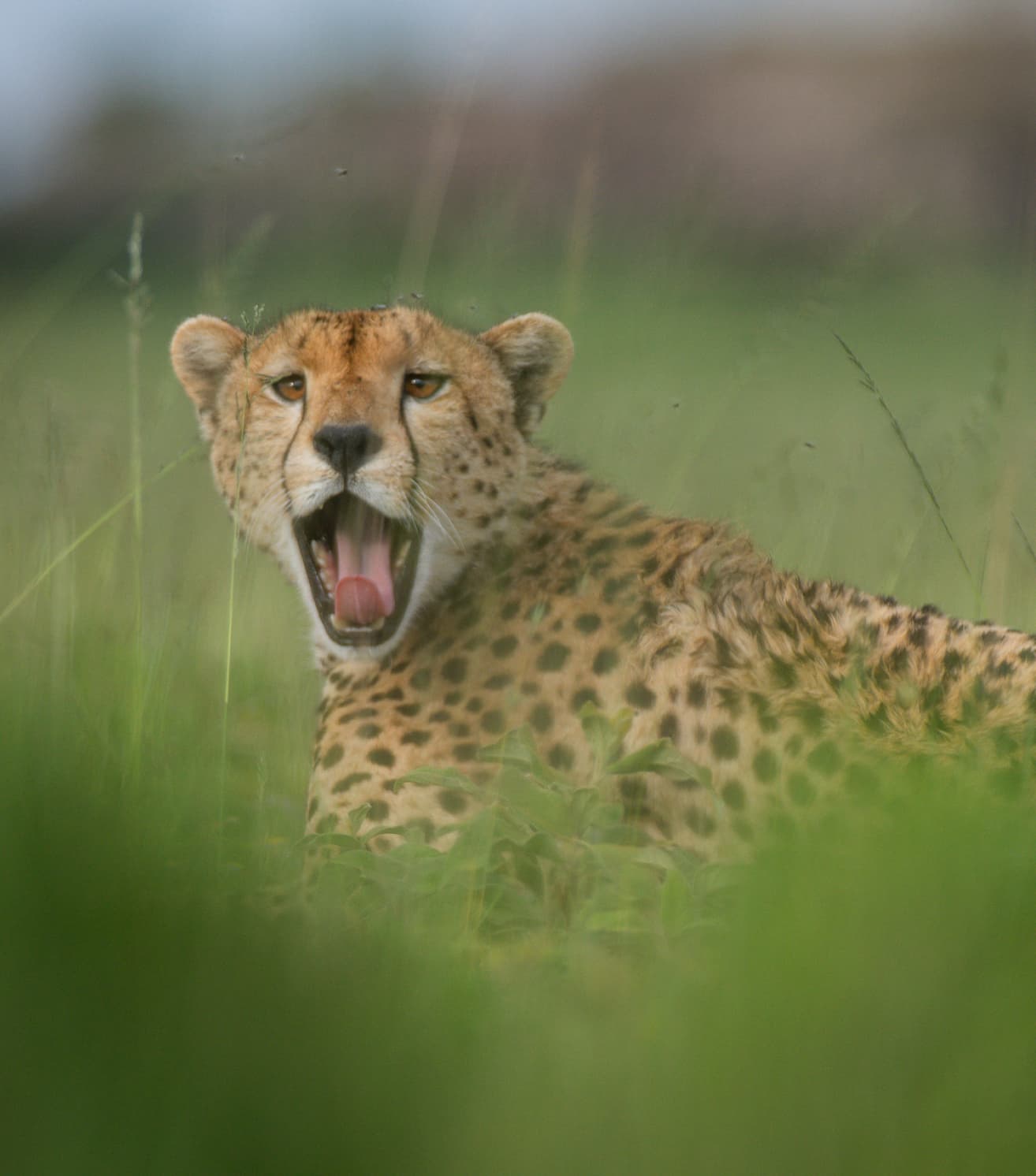

Complex, Clever Giants Of The Wild
For The Love Of Elephants
I just love Elephants. It is always fun spending time with the herds, observing their intricate and complex social structures and the multiple ways they demonstrate their remarkable intelligence.
A Family Home For The Dry Season
There are more than 3,000 Elephants in the Greater Tarangire ecosystem, making it one of the largest populations in Tanzania. During the wet season, the Elephants disperse over approximately 20,000 square kilometres but during the dry season, they converge on the Tarangire River where they can find reliable water and food sources.
Like us, they have complex social behaviours and strong familial bonds. Elephant families consist of mothers, daughters, sisters and their offspring, with the eldest female often taking on a leadership role.
Elephants also exhibit altruistic behaviour, and herd members often come together to help injured or distressed individuals. Adult males are solitary, although they do form loose aggregations at times, and there is a social hierarchy among males within the landscape.

A Language Of Sound …
One of the most notable features of the Elephant community is the use of vocal communication. Elephants produce a wide range of sounds including trumpets, snorts and grunts.
Interestingly, they also use rumbles that can travel long distances. These rumble vocalisations are used for various purposes, including social bonding, mating and warning others of potential danger.
In addition to rumbles, Elephants also use infrasound – a low-frequency sound below the range of human hearing, which the elephants detect from several kilometres away. Elephants produce these calls by creating a deep, resonating sound in their vocal cords, amplified by their massive bodies. It allows them to detect distant herds or to communicate with other elephants across vast distances.
… And Of Silent Listening
Another behaviour that highlights the intelligence and unique abilities of Elephants is their use of silent listening. Elephants detect vibrations through their feet and use this sense to communicate with other Elephants or to listen for danger. You will often see them stop their activity and, in utter silence, place their trunks on the ground. They use their feet and the hairs covering the trunk to pick up vibrations, allowing them to listen to communications from distant Elephants or predators.
A Nose For Nutrition – And Medicine
Elephants have an incredible sense of smell and can use their trunks to identify food, water, and other elephants. In addition, they often use their trunks to pick up objects, such as small sticks and rocks, and bring them to their mouths to investigate further. This behaviour also helps them to identify and differentiate specific plants.
Their varied diet consists of grasses, leaves, bark and fruits. Interestingly, Elephants in Tarangire have been shown to have a “nose for nutrition,” meaning they can detect the nutritional content of different plant species and selectively feed on those with higher nutritional value, such as species of Acacia and Combretum trees.
Elephants also use plants for medicinal purposes. Researchers have observed Elephants seeking out certain plants to treat ailments such as stomach problems and arthritis. One example of this behaviour is using the bitter leaf plant Vernonia amygdalina to treat intestinal worms. The Elephants will eat large quantities of the plant that contains compounds effective against the parasites. Another example is their use of leaves and bark of the Commiphora africana tree to treat wounds and inflammation.

The Ultimate Eco-regenerators
Elephants play a critical role in the ecosystem. They dig for water, creating water sources for other animals during the dry season. They break down trees, creating clearings that allow for new growth and regeneration. In addition, they assist in the germination of trees by dispersing seeds through their dung.

Look Beneath The Tough Hide
So, banish old ideas of these being clumsy, destructive creatures and start seeing them as they truly are: great, big-hearted, big-brained minders of our natural world – and fall in love too!


Complex, Clever Giants Of The Wild

Lions Of The Serengeti








